
In the sun-baked hills of the West Bank, a quiet revolution is unfolding. At its helm is Bezalel Smotrich, Israel's firebrand finance minister, whose actions speak of a vision for the future that's as controversial as it is transformative.
Smotrich, once dismissed as a fringe figure, now stands at the heart of Israel's government, wielding influence that belies his rookie status in high office. With the fervor of a true believer, he's embarking on a mission to fundamentally alter the landscape – both literal and political – of one of the world's most contested regions.
"We will continue to fight the dangerous idea of a Palestinian state and to create facts on the ground," Smotrich declared recently, celebrating a decision to advance a new settlement. It's a statement that encapsulates the deep-seated passion driving his actions, a passion rooted in a profound belief in Israel's right to the land.
The changes Smotrich is implementing are far from mundane bureaucratic shuffling. Each policy shift, each budget allocation, each new road paved is a brushstroke in what he sees as a masterpiece of nation-building. To his supporters, it's a long-overdue assertion of Jewish rights and security needs. To his critics, it's a dangerous provocation that could shatter already fragile hopes for peace.
Consider the tangible effects of Smotrich's policies: Naomi Kahn, a Jewish settler, has seen her daily commute slashed by over an hour thanks to newly expanded roads. It's a small change that speaks to a larger vision – one of a thriving, interconnected community deeply rooted in the land.
But for every story of improvement, there's a counternarrative of loss and frustration. The emotion is palpable as Palestinians speak of land that's slipping away, of ancient olive groves now out of reach. The landscape is changing before their eyes, each change laden with historical, religious, and national significance that runs soul-deep.
The intensity of feeling surrounding Smotrich's actions is evident in the numbers. Peace Now, an Israeli settlement watchdog, reports that nearly 6,000 acres in the West Bank have been designated as state land this year—more than in the past three decades combined. The number of illegal settler outposts has grown by 25% since early 2023, reaching about 200. These aren't just statistics; they're the physical manifestation of a passionate ideology.
As night falls over Jerusalem, the city that both Israelis and Palestinians claim as their capital, the stakes of Smotrich's bold gambit come into sharp focus. In the quiet hours, when the political rhetoric fades, the question hangs heavy in the air: Is this the dawn of a new era of security and prosperity for Israel, or the twilight of hopes for a negotiated peace?
The passion that drives Smotrich is matched only by the fervor of those who oppose his vision. Muayad Shaaban, a minister with the Palestinian Authority, describes the changes as "creeping annexation."
In the hearts and minds of those who call this land home, the emotion runs as deep as the roots of the ancient olive trees that dot the landscape. And it is this profound, unshakeable feeling – of belonging, of righteousness, of home – that will continue to shape the destiny of this remarkable and contested land.
* The Wall Street Journal contributed to this article.







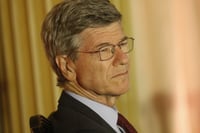
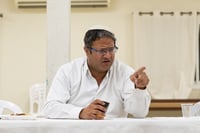
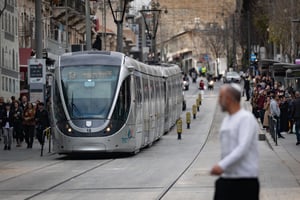
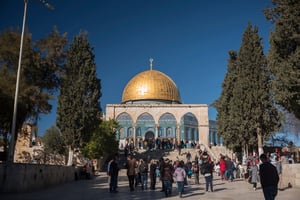


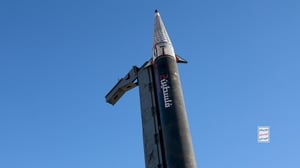

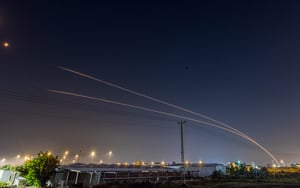
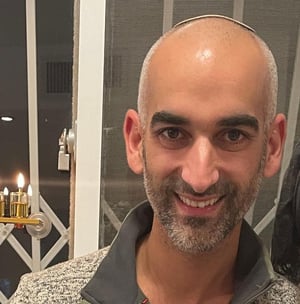






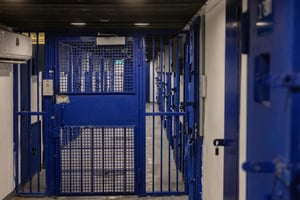
0 Comments